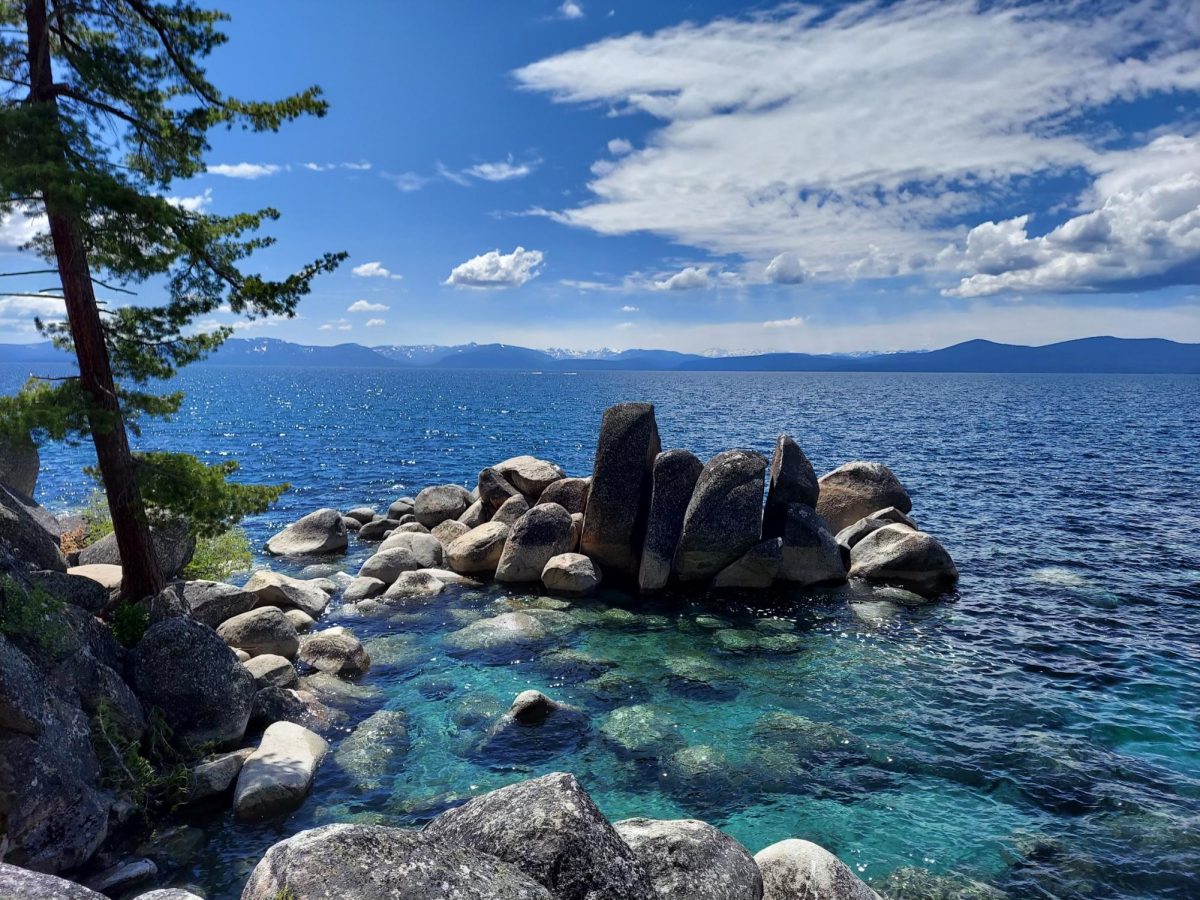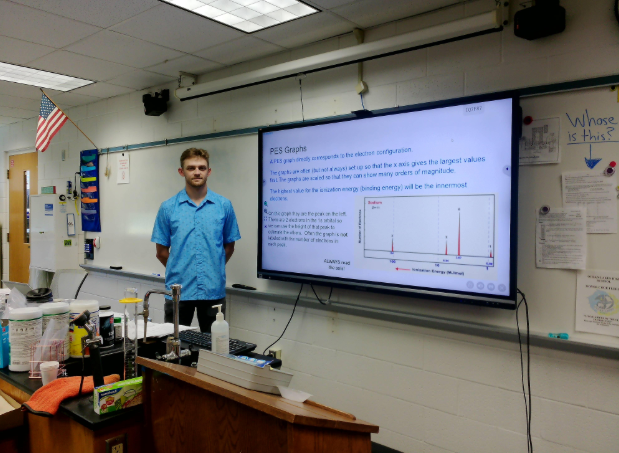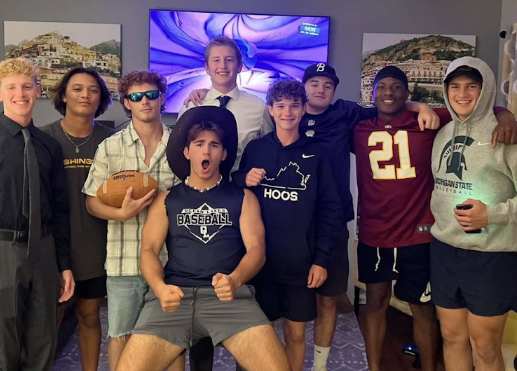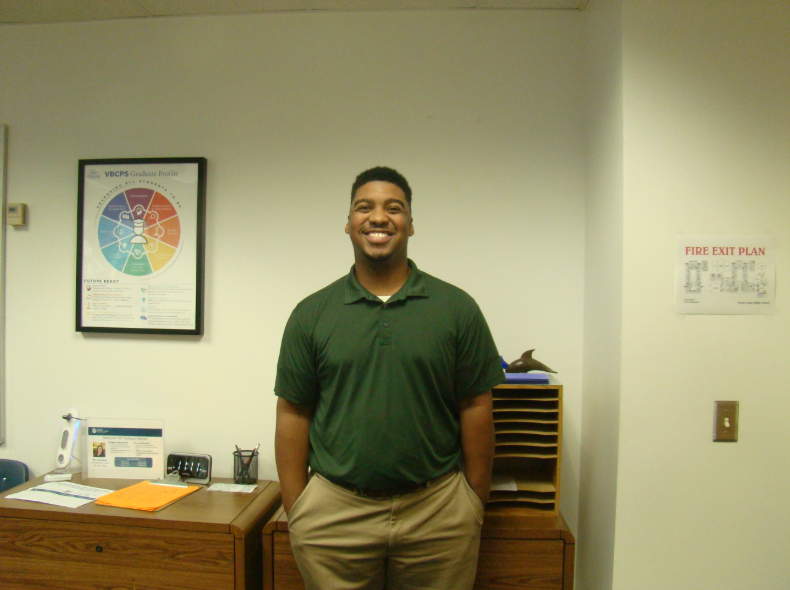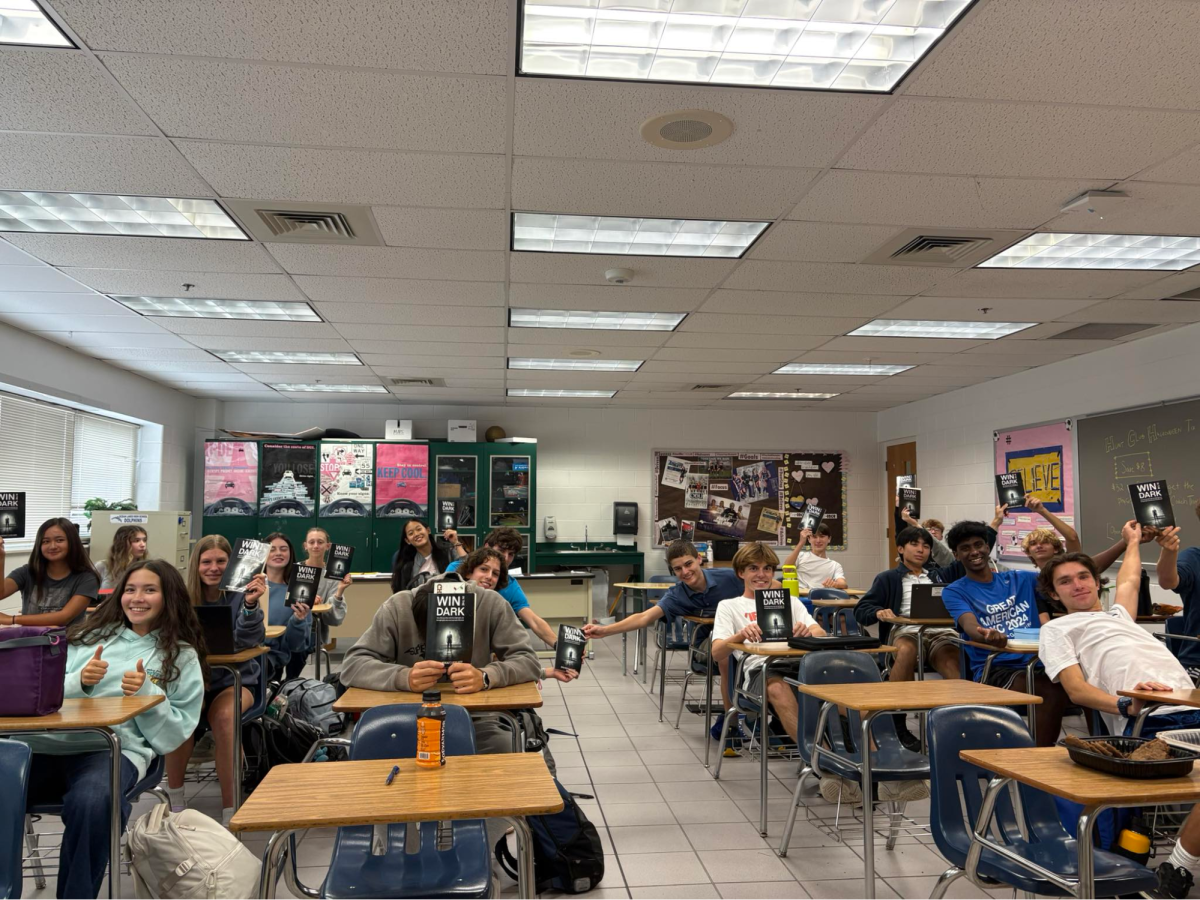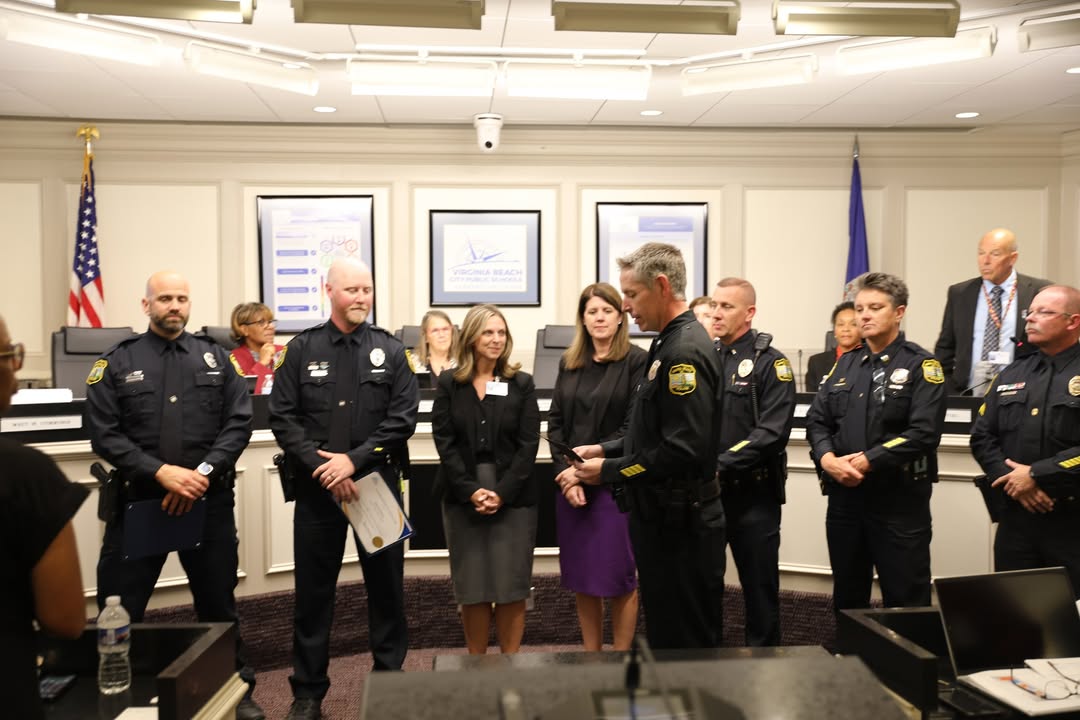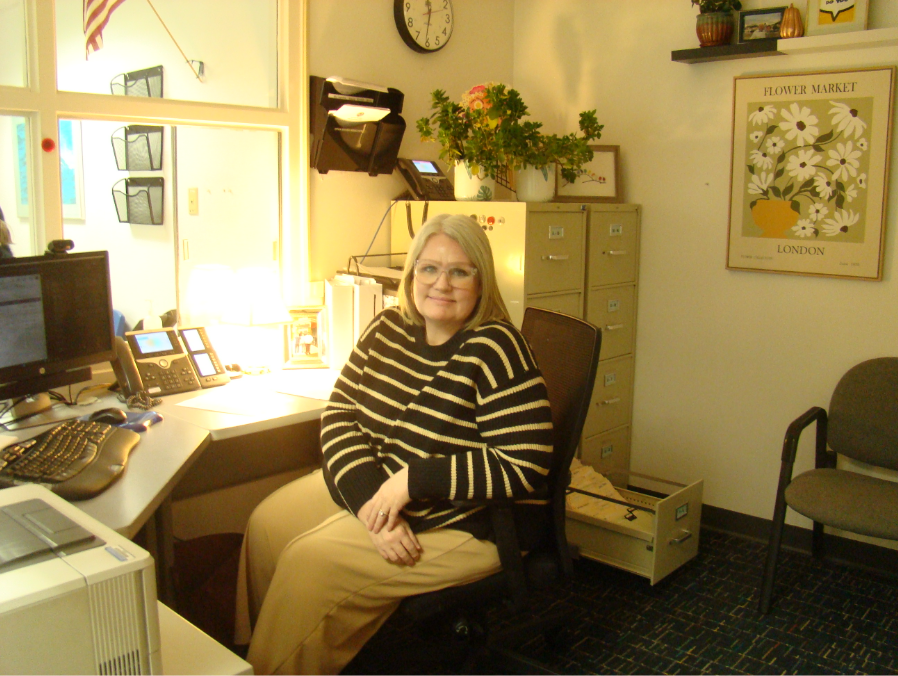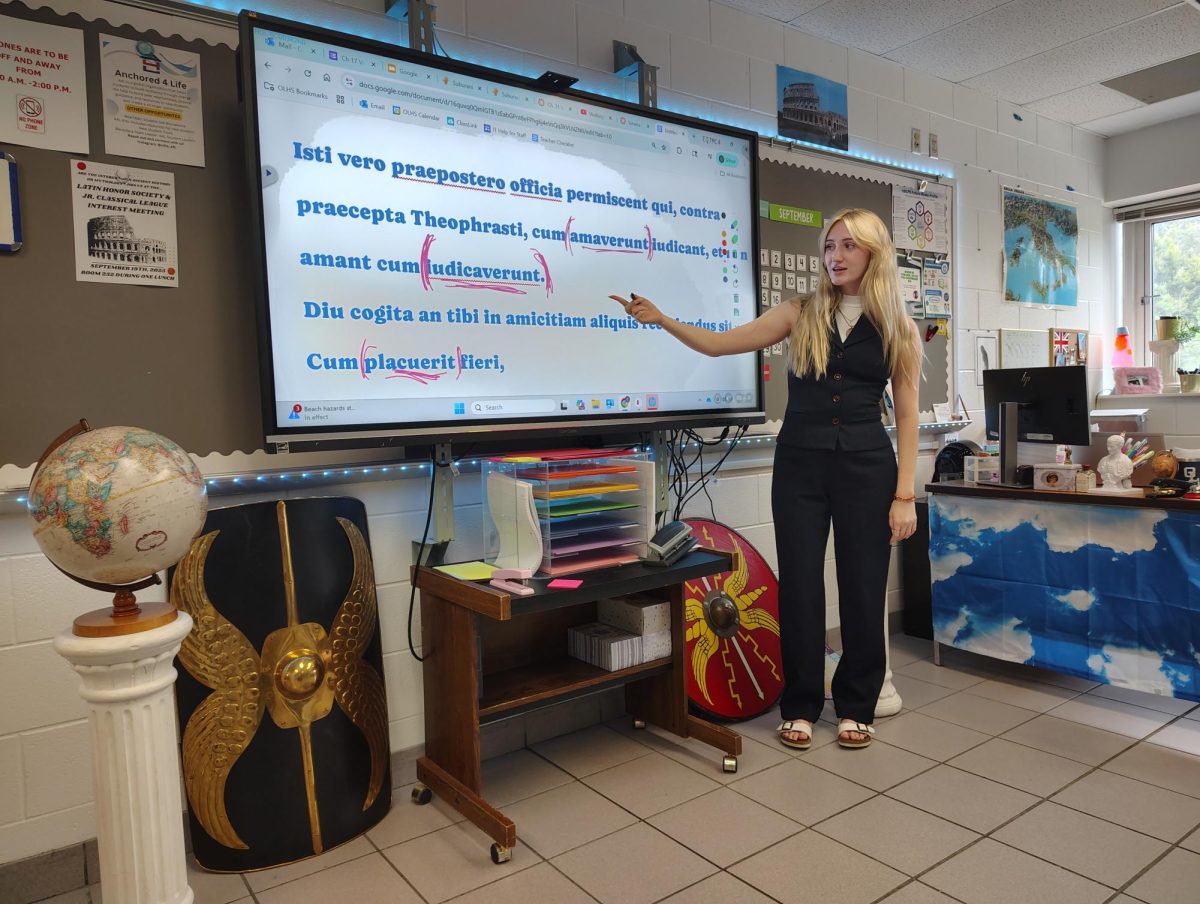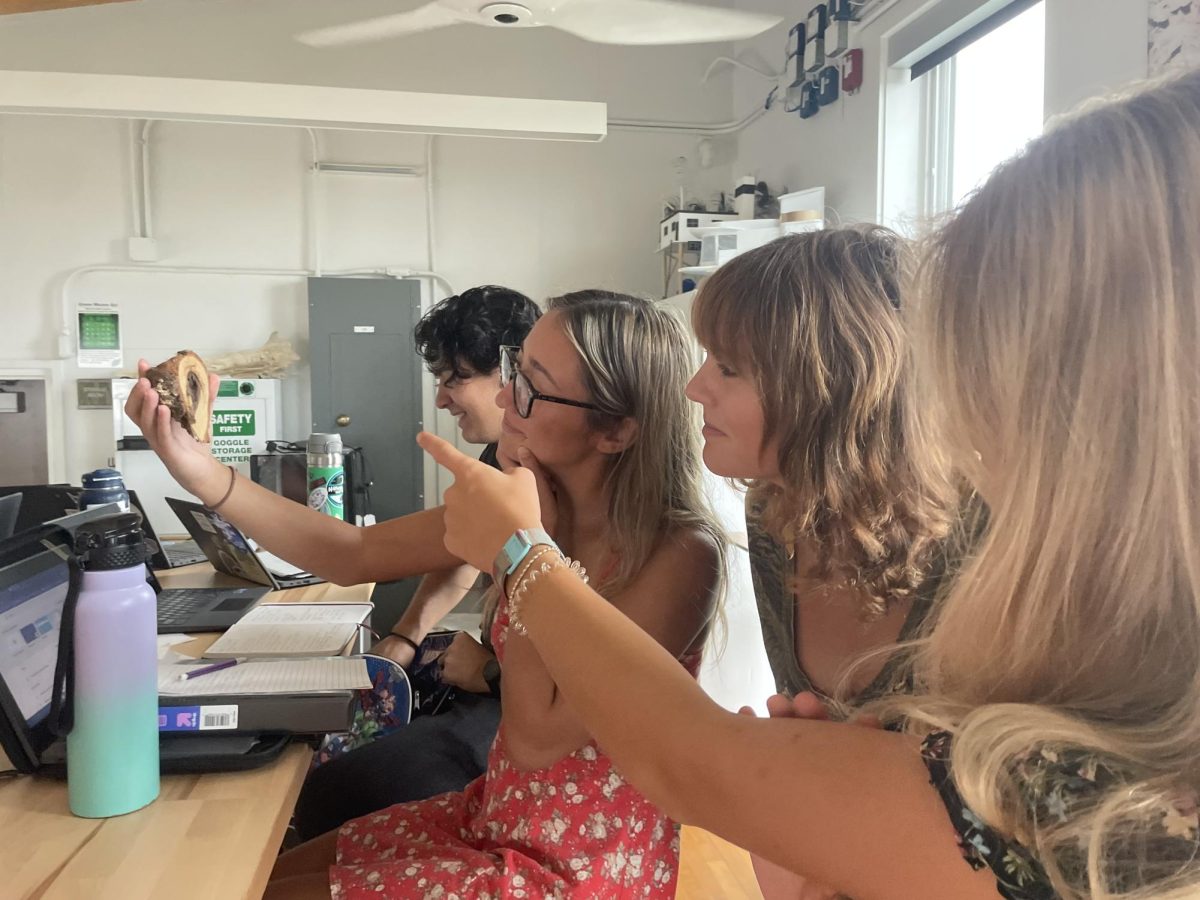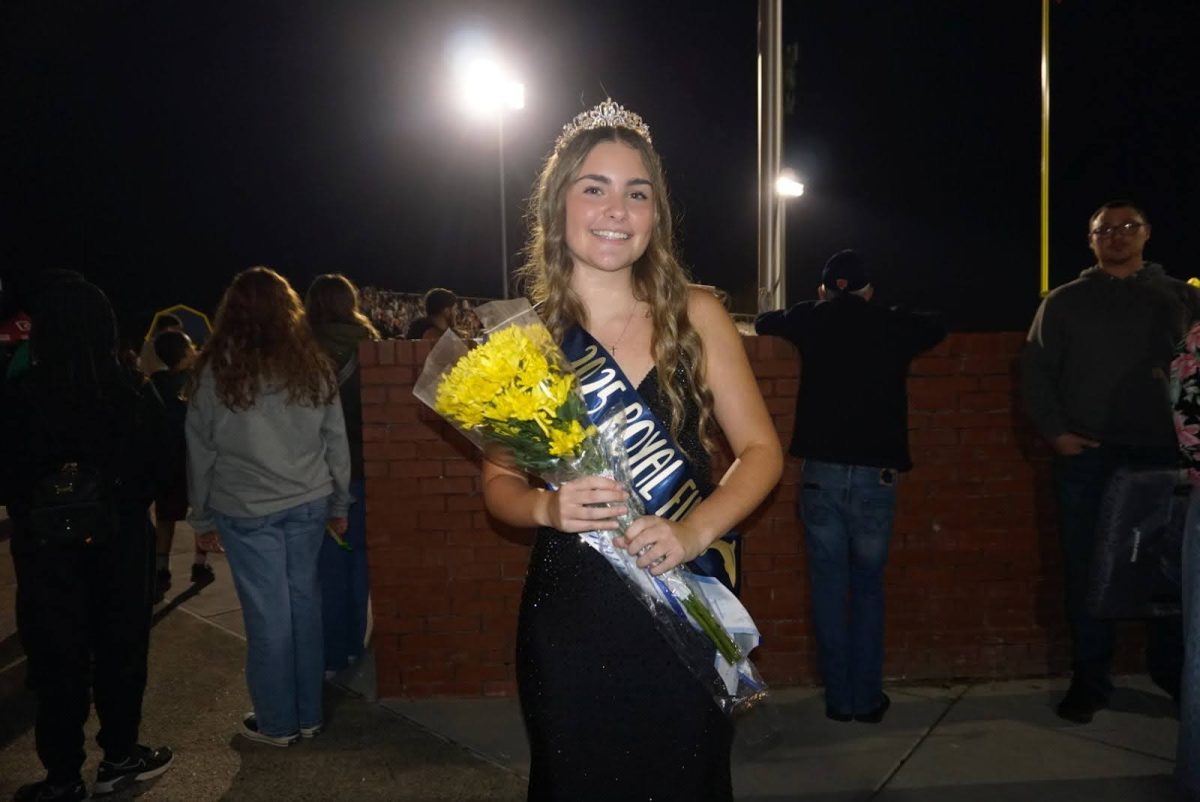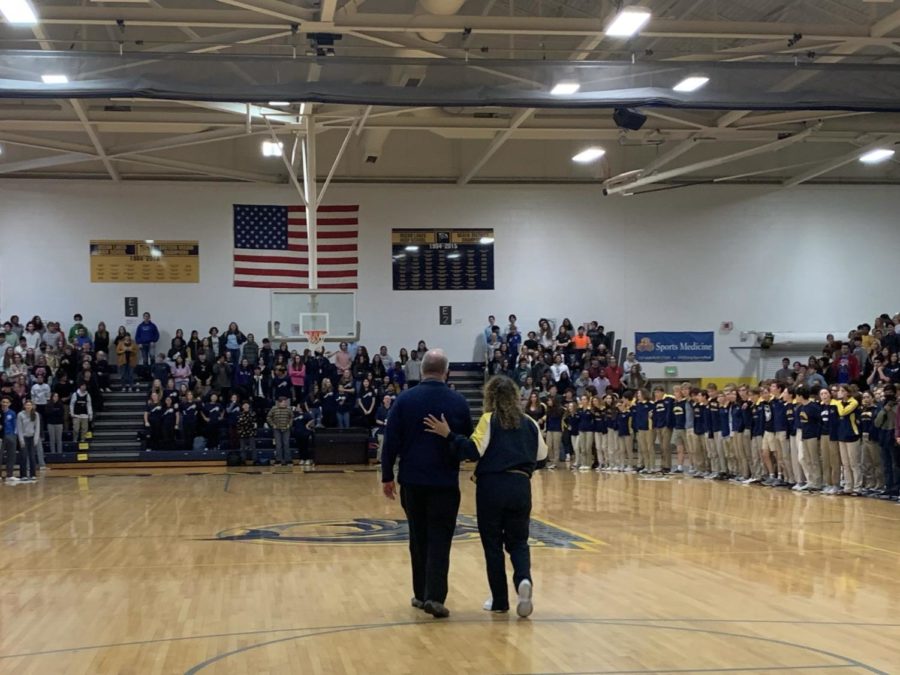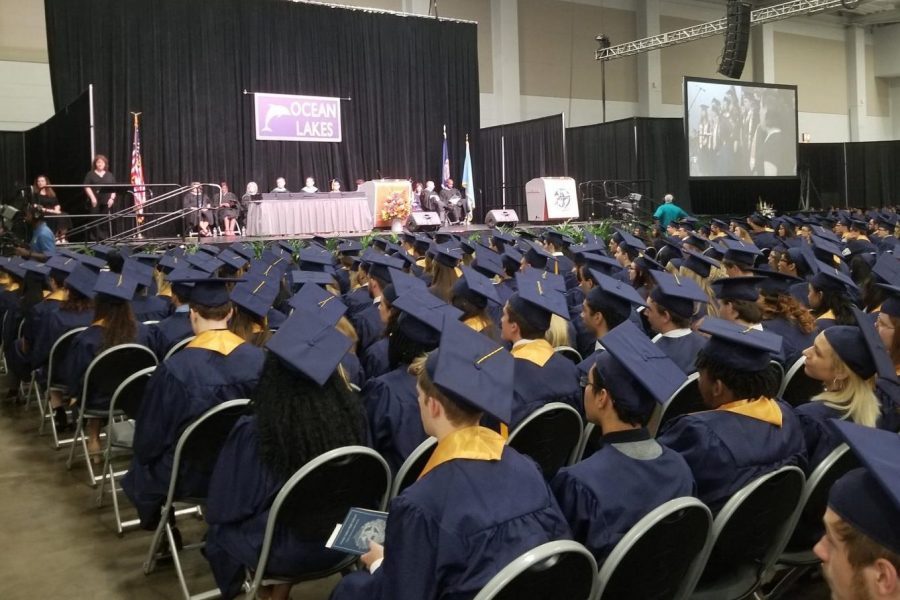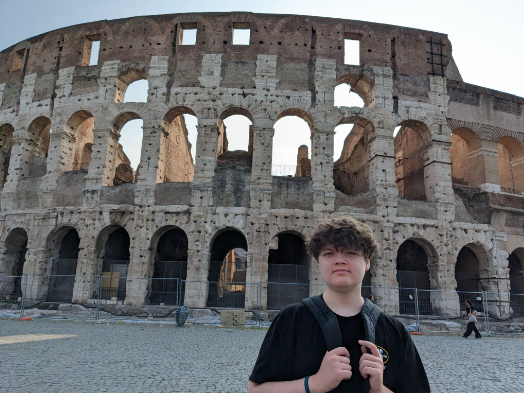Traveling can bring a multitude of unique experiences: cultural enrichment, language acquisition, personal development and confidence.
“In my experience, I think a big part of me maturing ‘early’ was being exposed to so many new environments. You try/explore many new things which forces you to go out of your comfort zone,” said senior Reese Tempest, who has been able to travel the world through her parents’ travel agency business. “I think this can help [students] see different perspectives and improve independence in everyday life, which are qualities you cannot necessarily grasp from a classroom.”
Alongside sightseeing, assimilating into a new society allows one to immerse and embrace the fundamental facets of the visited culture.
“Other than just the views, there is so much culture you can get exposed to whether it is the food or simply the different traditions people around the world have,” said sophomore Aaralynn Malikian.
By connecting classroom knowledge with real-world applications, students have the opportunity to apply what they have learned in order to extend their experiences to the places they explore.
“Another example of [enhanced learning] would be taking AP European History. Taking the textbook and looking at the images is very different than seeing the sites in real life. The concepts stuck a lot easier,” said Tempest.
Conversing with lifelong speakers of a language one has studied in school can help further an appreciation and knowledge of linguistic differences.
“I took five years of French and have been to France several times. Visiting definitely gave me a better understanding of the people and culture,” said Tempest.
After visiting these new places, some teachers have been able to incorporate their travel experiences into the classroom.
“I take pictures [of every national park I have been to] and bring them back into my notes, activities and labs that I do in class,” said science teacher Laura Eldredge, who has visited 18 of the 63 national parks in the United States.
History teacher Stasia LaRoche has also been able to apply her travel experiences to her classroom discussions of culture and world history.
“I am certain that everywhere I have traveled has enhanced my teaching,” said LaRoche. “I am not an avid traveler, but in exploring the U.S., England, the Caribbean, Spain and Portugal… I have shared these experiences with students and incorporated these experiences into my lessons.”
In teaching novels discussing mythology and ancient ideologies, English teacher Don Kroeller Jr. has been able to share photos of his trips to sites mentioned in his curriculum.
“I have incorporated many of the pictures I have taken into introductory aspects of my lessons, such as photos from around Florence, where Dante Alighieri was born and from Rome where Caesar ruled and was buried,” said Kroeller. “Going to various museums and landmarks and talking to some of the curators and tour guides have given me more insight into the literature I love to teach.”
Along with an amplification of teaching, history in places like Europe dates back thousands of years, unlike the U.S., where some of the oldest artifacts date back only a few hundred years.
“When I was in England, I ate at a pub that had a sign letting us know that the building we were sitting in had been serving food to people for 1,000 years,” said LaRoche.
While history may be learned through travel, one may also discover new hobbies.
“Traveling has inspired my love for photography. I have got a massive collection of photos from around the world that I cherish,” said Kroeller. “I enjoy the exploration of each place I visit.”
Though the enjoyment of exploring new destinations and trying diverse cuisines is undeniable, the enduring process of transformation and learning holds genuine significance throughout one’s life journey.
“Seeing other physical landscapes, meeting people from different places and experiencing different cultures all help students not only learn more about the world, but also learn more about themselves,” said LaRoche. “Experience is a much stronger teacher than just reading about or watching a video about a place.”

